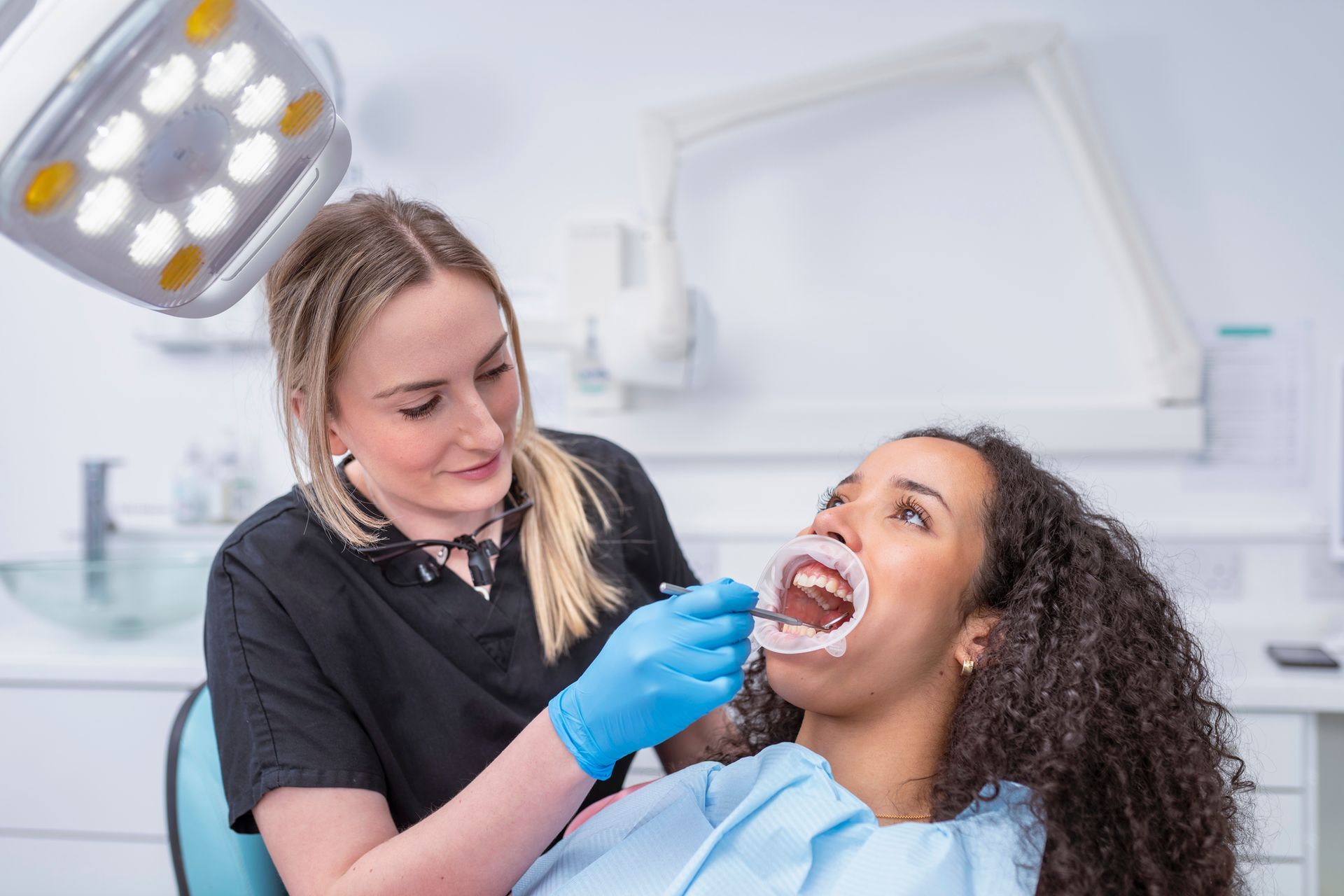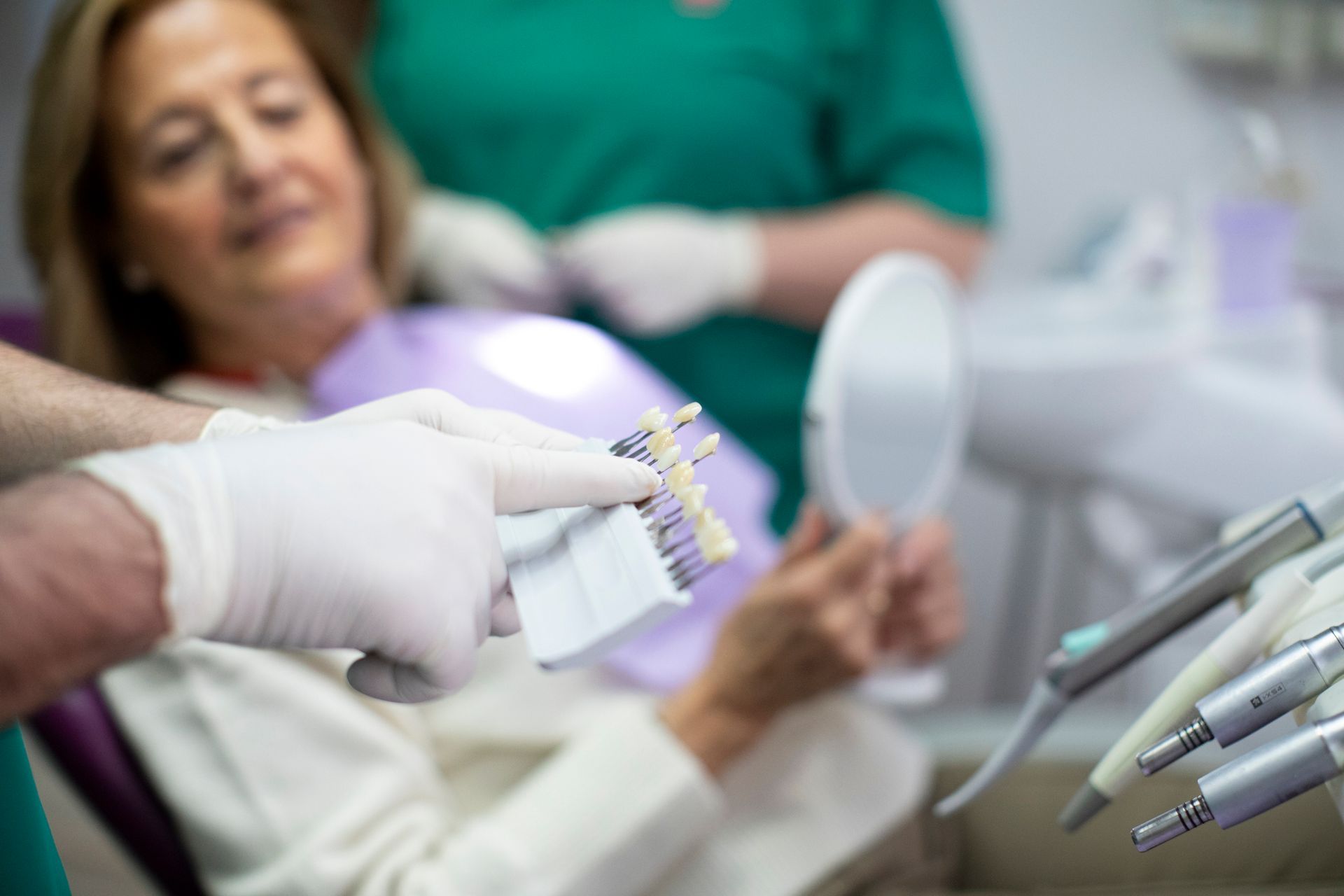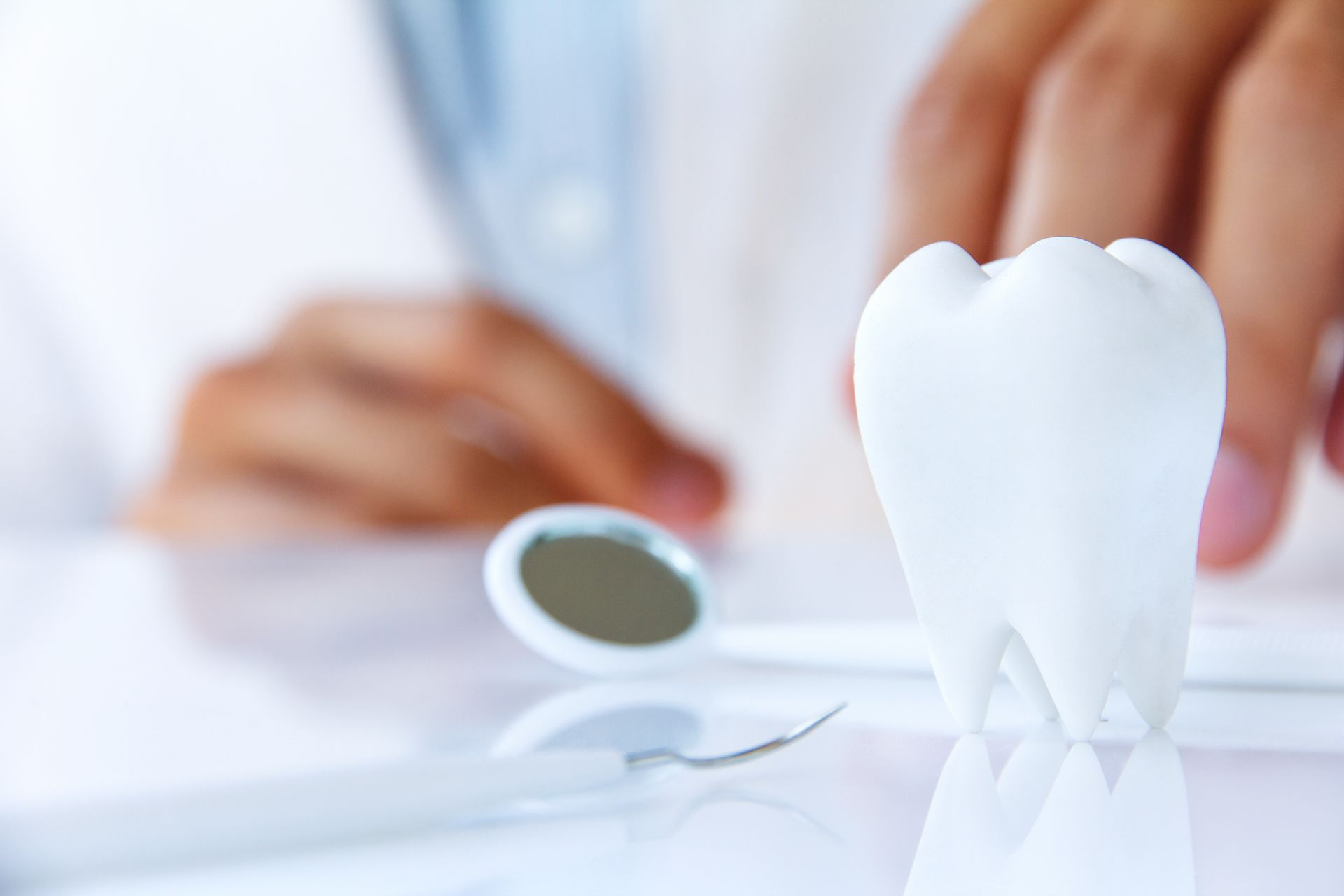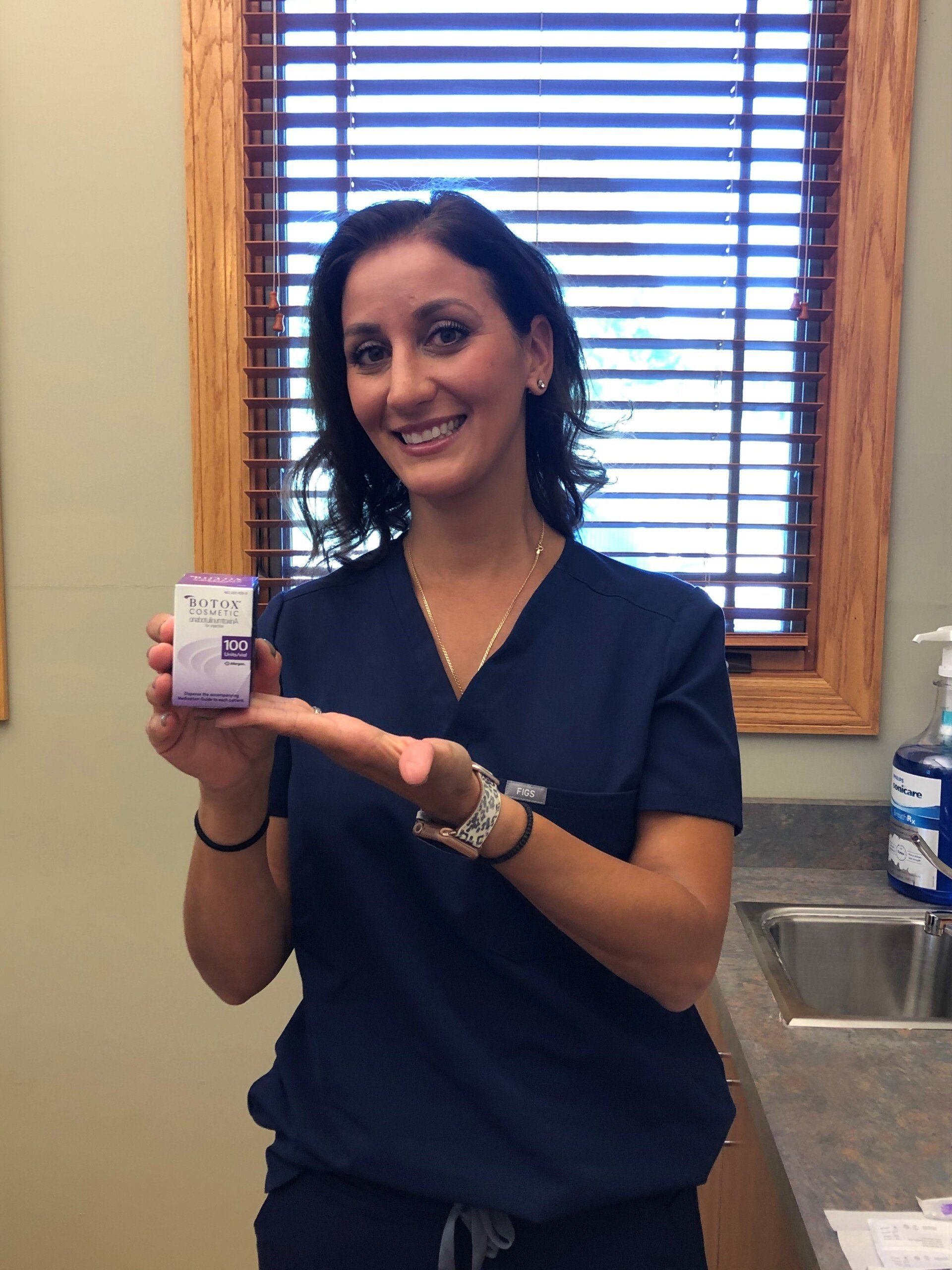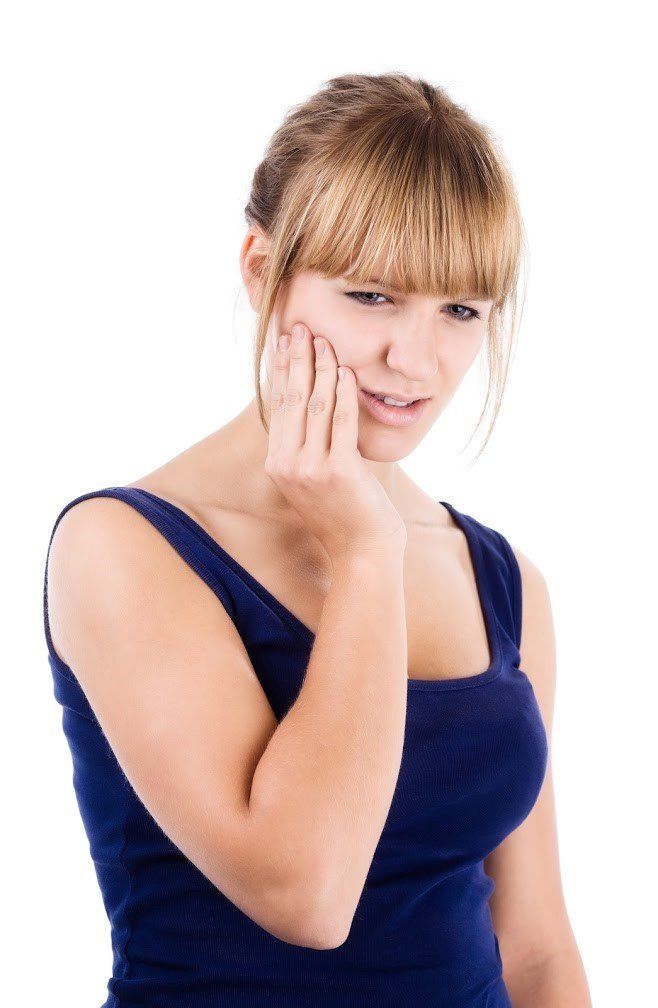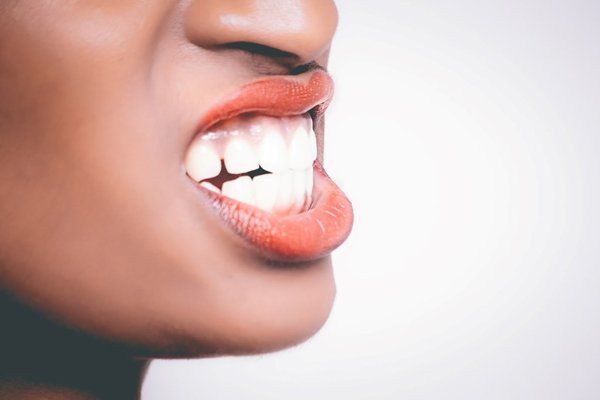The Keto Diet and Oral Issues

Can the popular keto diet affect your dental health? The ketogenic (more commonly known as keto) diet is a low carb, high diet that can help you to lose weight. Even though eating keto can lead to a slimmer figure, it can also impact your oral health. If you're a keto eater, take a look at what you need to know about your healthy mouth.
Will the Keto Diet Cause Bad Breath?
Does the possibility of keto breath give you pause? Halitosis (or bad breath) is one of the most well-known complaints some keto eaters have. While halitosis doesn't impact every person who tries this type of diet, it's possible you may notice keto breath after you change your eating habits. Unlike the odor you may smell after eating a garlic-filled meal or the scent poor oral care can cause, keto breath has a distinct fruit-like or acetone-ish smell.
What Causes Keto Breath?
To understand the process behind keto breath, you need to learn more about how this diet works. When you restrict or limit the amount of carbohydrates (sugars) you eat, your body starts to use stored fat for energy. After your body goes through stored glucose (sugar), it begins to break down fat—leading to ketosis and weight loss.
The ketosis process happens when the body converts fatty acids into ketones. Acetone, acetoacetate, and hydroxybutyrate are ketones, all natural chemicals. Your body will produce these chemicals (ketones) as you burn fat through the keto diet.
As ketones build up in the body, you need to release them. This happens through the natural processes of exhalation and urination. When you exhale ketones, you may notice the acetone smell or a similar nail polish remover-like taste in your mouth.
Is Keto Breath an Oral Hygiene Issue?
You can't brush keto breath away. Even though it is a form of halitosis, it doesn't have the same cause as other forms of bad breath. Halitosis has several possible causes. Gum disease, dry mouth, dental decay, oral infections, throat infections, acid reflux, and some types of foods can cause bad breath.
Periodontal (gum) issues and decay-related halitosis require oral care changes to eliminate. While brushing and flossing can significantly impact this type of bad breath, the same isn't true for keto odors. Minty toothpastes, mouthwashes, and sugar-free mints/gum can mask the taste or odor. But these products won't remove the cause.
Some keto dieters who experience bad breath notice an improvement over time. As your body gets used to the low carb diet, you may notice better breath. Other ways to decrease the odor include increased water intake or eating more carbs. Even though adding carbs to your diet can eliminate keto breath, this strategy may counteract the weight loss effects of your new meal plan.
If your bad breath doesn't resolve on its own or you're not sure whether the keto diet or something else is at fault, talk to your dentist. The dentist can examine your mouth and look for other potential oral issues.
Can the Keto Diet Help Your Mouth's Health?
Do you have significant dental decay or gum disease? Keto eating won't eliminate these issues—but the diet can work as part of a healthy oral care routine.
Dental decay and periodontal disease don't happen on their own. The bacteria in your mouth feed on sugar/starch and produce acids. The acids erode the enamel, or the outer layer of the tooth. This results in decay.
Even though the keto diet can cause temporary bad breath, it may have healthy mouth benefits. The lower carbohydrate intake the diet requires limits the amount of sugar in your mouth. Without a steady bath of sugary carbs feeding the bacteria in your mouth, you may notice decreased decay or increased gum health.
Do you have concerns about how the keto diet will affect your mouth? Contact Silver Lake Family Dentalfor more information.

